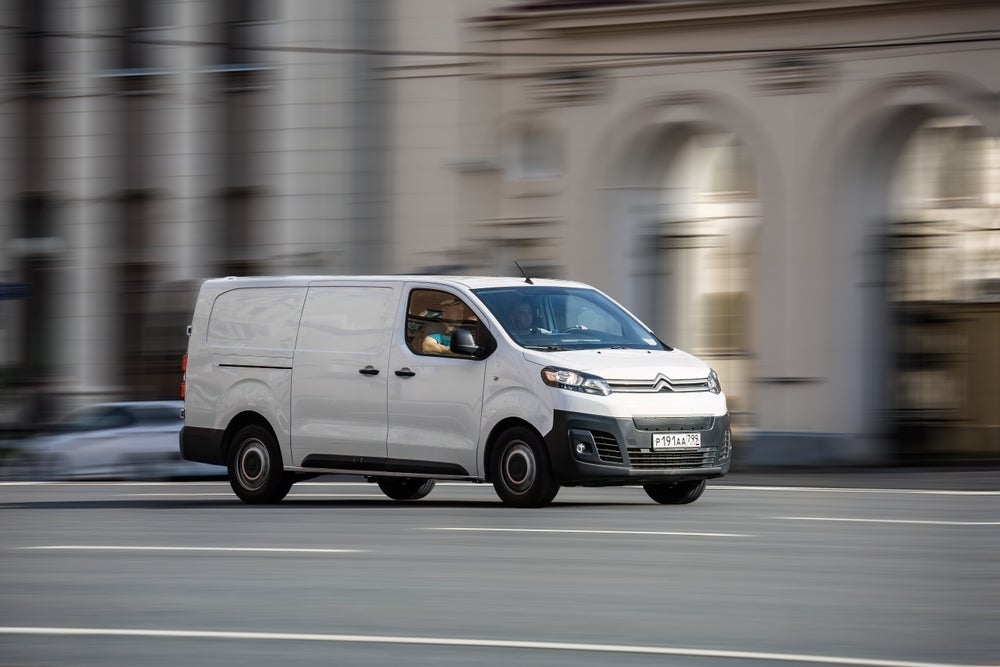
A recent report by McKinsey & Company has identified light commercial vehicles (LCVs) as the biggest single contributor to pollution within the logistics industry, accounting for 40% of the sector’s emissions.
In response, fleet electrification experts BEDEO is urging policymakers to recognise the potential of electric retrofitting as a crucial step in reducing emissions and promoting a circular economy.
The call to action comes at a time when the UK’s battery electric LCV (eLCV) registrations are declining, with only 5.1% of all new LCVs registered this year being battery electric, down from 5.6% in 2023. Meanwhile, diesel LCV sales continue to rise, with 187,223 units sold so far this year, according to data from the Society of Motor Manufacturers and Traders (SMMT).
BEDEO attributes the slow uptake of new eLCVs to high upfront costs, limited availability, and concerns over reduced load space. As an alternative, the company offers a ‘third way’ through its Reborn Electric programme, which retrofits existing diesel vans with electric powertrains. This solution not only lowers costs compared to purchasing new eLCVs but also preserves load space and significantly reduces the carbon footprint of LCVs.
McKinsey’s report, published earlier this summer, underscores the urgent need for fleet owners, original equipment manufacturers (OEMs), and regulators to intensify efforts to cut LCV-related emissions. BEDEO’s Stellantis-approved Reborn Electric system, which converts ageing diesel vans into electric vehicles, is highlighted as a key solution in the company’s whitepaper, “Accelerating the Transition, Supporting our Businesses: Enabling Low-Emission Fleets with Retrofit Electrification.” The whitepaper stresses the importance of introducing incentives for retrofitting and calls for stricter regulations and quality standards for retrofitters.
Osman Boyner, Founder and CEO of BEDEO, emphasised the need for immediate action. “LCVs are the backbone of the logistics industry, but they are also the largest polluters. We cannot wait until fossil fuel vehicles are banned—whether in 2030, 2035, or beyond. Retrofitting electric powertrains offers a pragmatic and cost-effective solution to achieving a faster transition to net-zero.”
How well do you really know your competitors?
Access the most comprehensive Company Profiles on the market, powered by GlobalData. Save hours of research. Gain competitive edge.

Thank you!
Your download email will arrive shortly
Not ready to buy yet? Download a free sample
We are confident about the unique quality of our Company Profiles. However, we want you to make the most beneficial decision for your business, so we offer a free sample that you can download by submitting the below form
By GlobalDataBoyner also introduced BEDEO’s “TCO2” approach, which combines total cost of ownership with CO2 considerations, providing a sustainable and economically viable path for large van fleets. “Our retrofit solution ensures lower total costs compared to investing in entirely new fleets, with savings on fuel and maintenance and minimal operational downtime,” he said.
As the UK van industry faces a pivotal moment, Boyner warned of the risks of inaction. “Without swift adoption of innovative solutions like our in-wheel motor technology, we risk missing our net-zero goals,” he stated. BEDEO’s whitepaper further argues for government support of these alternative electrification pathways, which are essential for meeting the UK’s environmental commitments.
The whitepaper has been submitted as part of the government’s call for evidence on registering historic, classic, rebuilt vehicles, and those converted to electric. BEDEO hopes that by embracing retrofit solutions, the UK can reduce the environmental impact of diesel vans, improve air quality, and accelerate progress towards a greener, more sustainable future.







